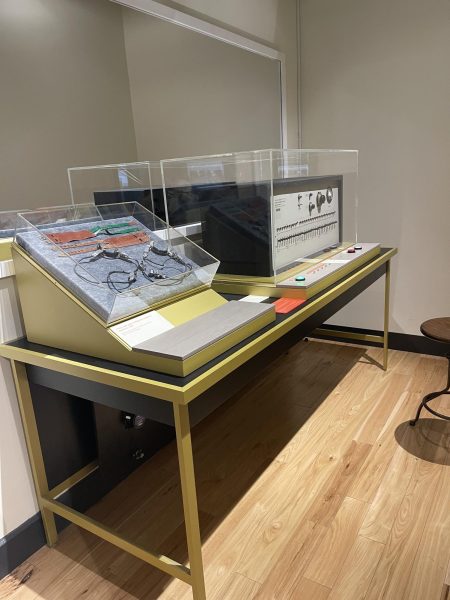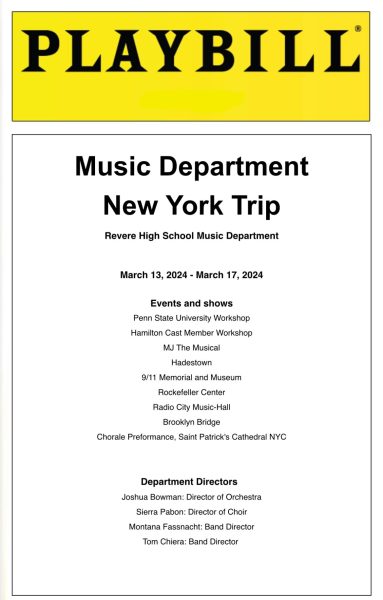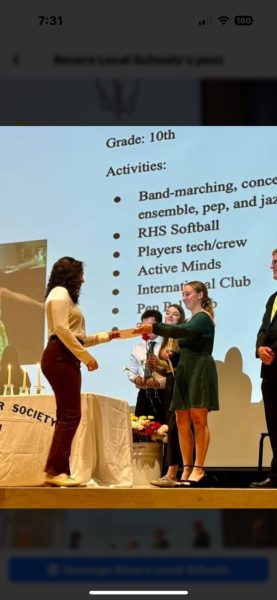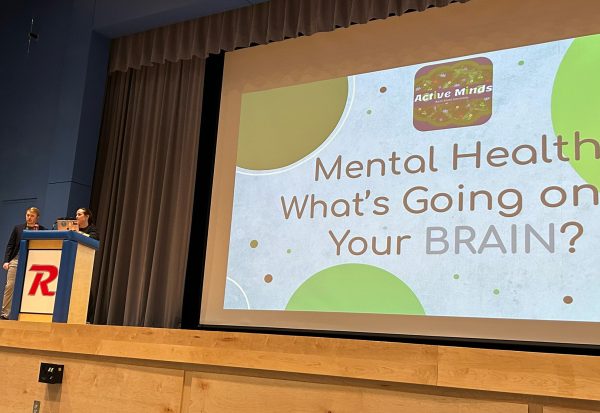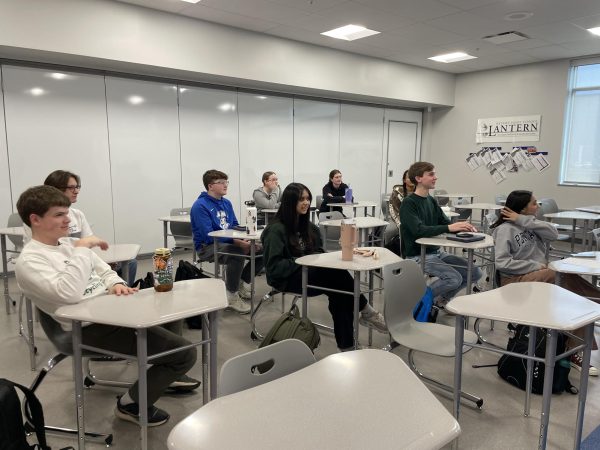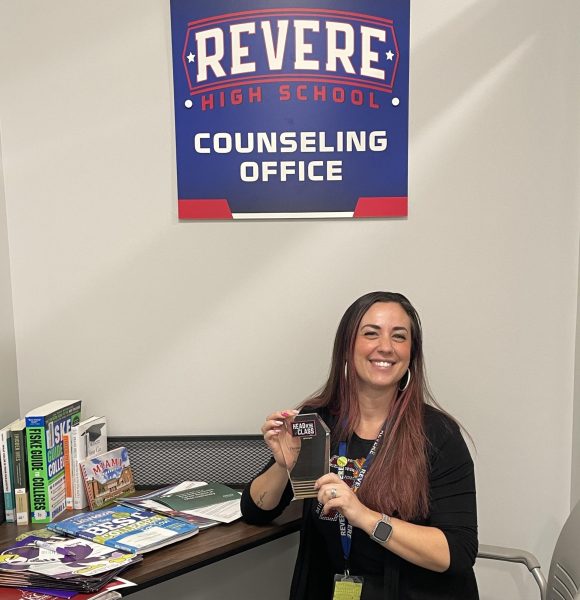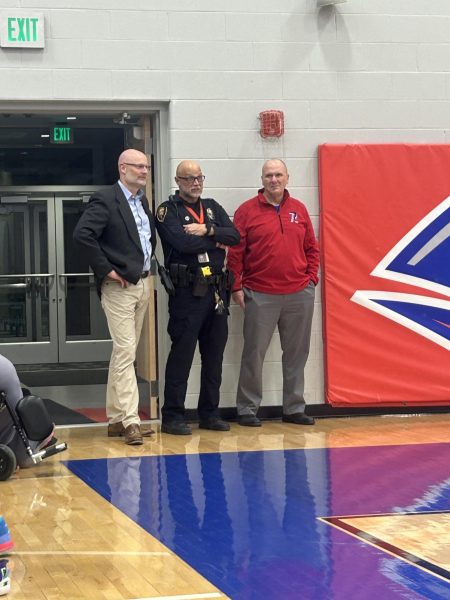Revere Local Schools implements new Stop the Bleed program
The Revere Local Schools have implemented a new program called Stop the Bleed to increase safety for students and staff.
Stop the Bleed is a nationwide program aimed at educating and training individuals on different types of first aid in case of an emergency. After the Sandy Hook Elementary School shootings in December of 2012, autopsy reports showed that many victims died from severe bleeding. According to Stop the Bleed’s website, if the bleeding could have been controlled it could have stopped the victims from going into shock before medical personnel arrived. Soon after learning this, trauma surgeons from the American College of Surgeons formed a group with other experts in the fields of emergency medical care, government, and law enforcement to form Stop the Bleed.
In partnership with University Hospitals and local police and fire, go-buckets were given to faculty and staff each of which contain numerous first aid supplies and tourniquets. High school principal Phil King discussed why the district chose to implement the program.
“We wanted to make sure all of the staff in our district had the opportunity to practice, get some experience and background of how to treat a wound,” King said.
Early this year, district faculty and staff attended a one-hour seminar containing a classroom session and a hands-on session. During the hands-on training session, the staff received training on how to administer tourniquets and bandages on different kinds of limbs of varying sizes. Student Resource Officer Scott Dressler described what kind of training the staff received.
“With the help of Richfield fire, Bath fire and University hospitals we had twelve trainers there [and] we split up everybody into ten groups and they all got to do a tourniquet on an adult-sized person and a child-size person to determine how much you would have to twist the tourniquet on the wound depending on how big the arm or leg is,” Dressler said.
The new Stop the Bleed go-buckets in each classroom contain a variety of different first-aid materials from quick-clot gauzes to different types of tourniquets. Science teacher Joshua Schaefer described one type of bandage the staff was taught how to use.
“I learned how to ‘stop the bleed’ through various methods such as the Israeli bandage which is pretty much where you wrap the wound and it creates its own pressure to stop the bleeding of bad wounds,” Schaefer said.
Over one million people have been trained through the Stop the Bleed program since its advent with the program’s goal being to train 200 million people. With Revere being one of the schools trained, King described the importance of having a program like Stop the Bleed in the district.
“Due to the events that have been happening across the US whether that be a bombing or a shooting, they found that if people were immediately treated and someone actually intervened immediately then the injured person would have a much higher chance of survival than if someone was just left lying there. We want to take care of each other should something ever happen,” King said.
Dressler and local fire and police departments are working to train and certify staff in CPR as well as create new lockdown procedures for the district.

